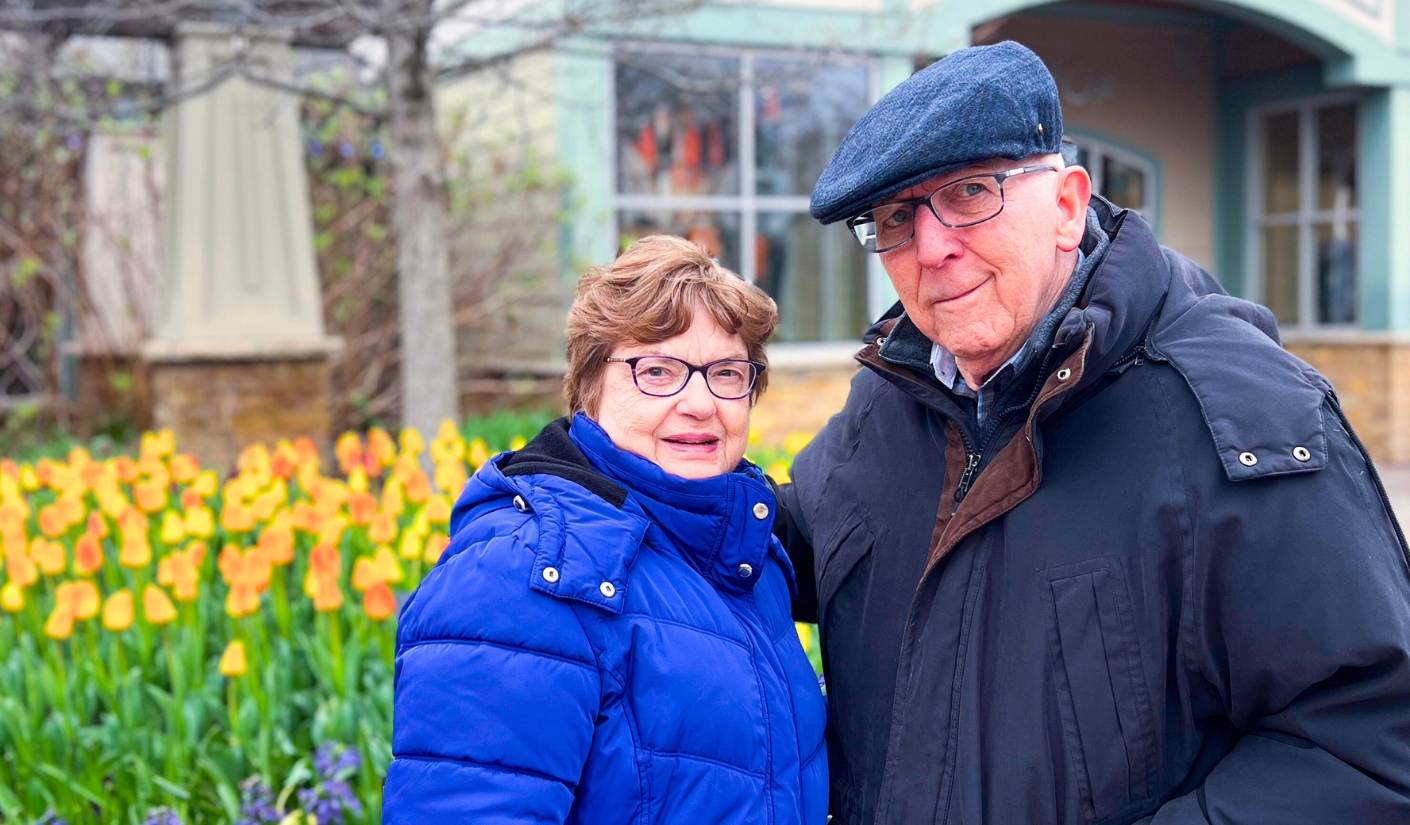As we age, it’s very common to notice changes in our physical and cognitive abilities. While these conditions might spark worry and concern about their overall health, they can be normal age-related changes. However, when it comes to memory, it’s important to understand the difference between normal mild forgetfulness common with aging and serious memory problems. Nearly 50 million people worldwide have been diagnosed with dementia, which is group of symptoms affecting memory, thinking, and social abilities. While some memory loss is common with aging, dementia is not a normal part of aging. Alzheimer’s, which is the most common form of dementia makes up 60-70% of all dementia cases and is the sixth leading cause of death in the United States. While Alzheimer’s disease and dementia can look different on each individual, many people first notice changes in their memory and cognitive abilities. While it can be tempting to ignore the warning signs in a loved one, it’s important to address them early on in the disease. The first step in addressing memory loss in a loved one is to get familiar with the warning signs of Alzheimer’s disease and dementia.
Signs and Symptoms of Alzheimer’s disease and Dementia
The warning signs of Alzheimer’s disease can be very subtle and difficult to identify at first, especially for the individual who is experiencing symptoms. In many cases, family members often notice changes in their loved one first. While every case is different, the Alzheimer’s Association has compiled a list of the most common warning signs of Alzheimer’s disease. It’s important for family members to become familiar with these signs to ensure an early diagnosis for their loved one.
- Memory loss that disrupts daily life. One of the most common signs of Alzheimer’s disease, especially in the early stages, is forgetting newly learned information. You might notice your love one repeating questions, using memory aids like notes and alarms, or relying on family members for tasks they were once able to handle themselves. It is normal for older adults to occasionally forget appointments, but remember them later on.
- Difficulty with problem solving. It’s normal for older adults to make occasional errors when managing finances or household bills, however, those with dementia may experience progressive difficulty managing their finances or following instructions in a recipe or keeping track of monthly bills. If this interferes with daily life, it could be a warning sign of dementia.
- New problems with words in speaking or writing. Those with Alzheimer’s may have trouble following along in a conversation. You may notice your loved one repeating themselves often, struggling with recalling words, or calling objects by a wrong name.
- Misplacing items. As we age, we may misplace things from time to time but are able to retrace steps to find them. However, those with dementia or Alzheimer’s disease may put things in unusual places, misplace items and be unable to retrace steps to find them again. Some individuals may accuse others of stealing as the disease progresses.
- Changes in mood and personality. Some individuals with dementia and Alzheimer’s disease may experience mood and personality changes, such as becoming confused, suspicious, anxious, fearful or depressed. This can occur at home or when they are out of their comfort zones.
What to Do When You Notice Changes?
If you’re noticing warning signs in your loved one, it can be difficult to know what steps to take next. However, it’s important to address these concerns as an early diagnosis can ensure your loved one gets the support and care they need as the disease progresses. According to Psychology Today, here are some steps to take if you are noticing signs of memory loss in your loved one:
Write down what you observe
As you prepare to talk to your loved one about memory loss, it’s important to write down what you notice. For example, perhaps your loved one is getting lost going to the grocery store, leaving food burning on the stove, or is mismanaging finances.
Pay attention to any stressors
Write down when you began to notice the changes and note if they or gradual or sudden. It’s also helpful to note if the changes correlate with any sudden life changes such as losing a spouse or a move to a different home or new area.
Share concerns in a compassionate way
Sharing your concerns with your loved one is not an easy conversation to have at any time. However, preparing beforehand can make things easier. Think about the time and place that would be best to have the conversation and explain why you’re worried. This is a good opportunity to share your observations and ask if they’ve noticed any changes themselves. Reassuring your loved one that you are in this together and you are there to support them can also be helpful.
Help your loved one go to the doctor
Getting an early diagnosis can help your loved one access treatment options, participate in clinical trials, and make lifestyle changes that can help manage the symptoms of Alzheimer’s disease and dementia. It’s important to ask your loved one to make an appointment with their primary care physician as soon as you notice symptoms. The earlier they receive a diagnosis, the sooner they can manage the disease and help preserve cognitive function.
What if your loved one is resistant?
If your loved one quits talking or doesn’t want to listen to your concerns, you may have to start the conversation at another time. Receiving a diagnosis can be painful and scary, so giving your loved one time to accept their own cognitive changes may be necessary. You can always ask another individual who is close with your loved one or a healthcare provider to assist if appropriate.
Living with Memory Loss at Maple Knoll Communities
Our priority at Maple Knoll Communities is to provide high-quality support for all residents at every level of care. We provide additional assistance, spiritual care, and support groups for those experiencing memory loss, caregivers and family members. If you’re interested in learning more about these offerings, please contact us!







